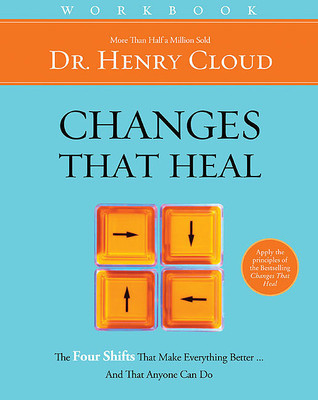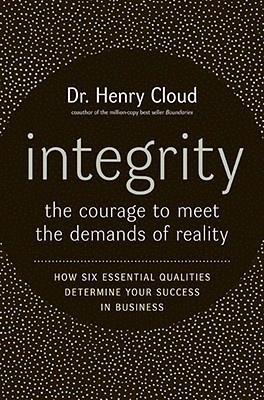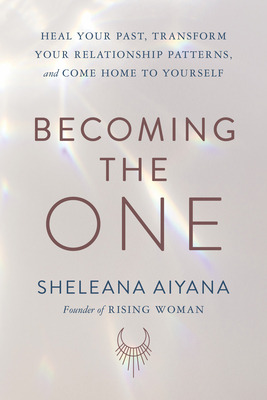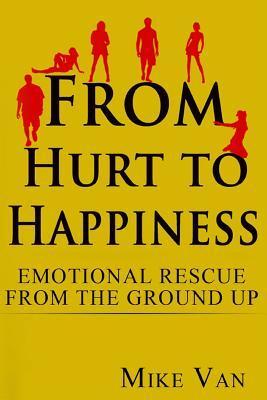
Changes That Heal: Workbook
Book Description
Unlock the door to transformation with 'Changes That Heal: Workbook.' This powerful guide isn't just a book; it's a roadmap to emotional freedom and healing. Dive deep into the essential truths that will revolutionize relationships, shatter old patterns, and illuminate the path to personal growth. Each page is filled with practical exercises and insightful tools designed to cultivate resilience and foster connection. As insights unfold, a profound tension builds between who you are and who you can become. Are you ready to confront the obstacles standing in the way of your happiest and healthiest self?
Quick Book Summary
"Changes That Heal: Workbook" by Dr. Henry Cloud is a transformative guide drawing upon Christian principles and psychological insights to help readers pursue emotional wholeness. Through a blend of practical exercises, reflection prompts, and relatable scenarios, the workbook empowers readers to identify and address unresolved wounds, form healthier boundaries, and cultivate authentic relationships. Cloud systematically explores how unresolved pain from the past and distorted beliefs can shape behaviors, sabotaging personal growth and connection. By guiding readers to face their issues with honesty and faith, this workbook enables profound transformation. Whether read solo or in a group, it provides not just insights, but actionable steps for experiencing God’s healing and becoming the person you were meant to be.
Summary of Key Ideas
Table of Contents
Understanding Bonding and Connection
The workbook begins by addressing the fundamental human need for connection. It explores how early relationships influence our capacity for healthy attachment, and how unresolved wounds or unmet needs can leave emotional gaps in adulthood. Through guided exercises, readers uncover patterns where they’ve struggled with intimacy or felt isolated, prompting honest self-exploration about past relationships and attachment styles. This foundational work lays the groundwork for understanding why relationship struggles often recur and what’s necessary for authentic bonding.
Establishing Healthy Boundaries
A core concept in the workbook is learning to set and respect boundaries. Many struggle with people-pleasing, enmeshment, or fear of abandonment, which can lead to overextension or self-neglect. The exercises and teachings help readers recognize where their boundaries have been too porous or too rigid. Practical steps are outlined to help users assert their needs, say no kindly, and allow others to own their choices. These boundaries become building blocks for healthier interactions and protection from emotional harm.
Embracing Good and Bad Realistically
Cloud guides readers to deal honestly with the reality of good and bad within themselves and others, challenging black-and-white thinking that can lead to shame, anger, or disappointment. The workbook encourages practicing both truth and grace—accepting the imperfections of humanity while keeping high standards. Activities include recognizing mixed emotions, forgiving oneself and others, and learning how to hold accountable without condemnation. This balanced approach fosters resilience as readers develop realistic perspectives on life’s challenges.
Adapting to Growth and Change
Growth and change are recurring themes throughout the workbook. Readers are supported in taking personal responsibility for change, leaning into discomfort, and adopting new behaviors. The process is presented as incremental and sometimes imperfect, requiring patience and persistence. Through journaling and self-assessment, individuals track progress, celebrate wins, and confront setbacks with compassion. The workbook reinforces the value of spiritual dependence, urging readers to invite God into the transformation for strength and direction.
The final emphasis is on sustaining transformation through continued practice and healthy community. Readers are encouraged to engage with supportive peers, apply lessons outside the workbook, and revisit exercises as needed. The sense of a lifelong journey helps normalize setbacks and maintains motivation. Ultimately, "Changes That Heal: Workbook" offers a structure for ongoing growth, integrating faith and psychology, and providing tools that turn deep insights into lasting, tangible changes in relationships and personal well-being.
Download This Summary
Get a free PDF of this summary instantly — no email required.





